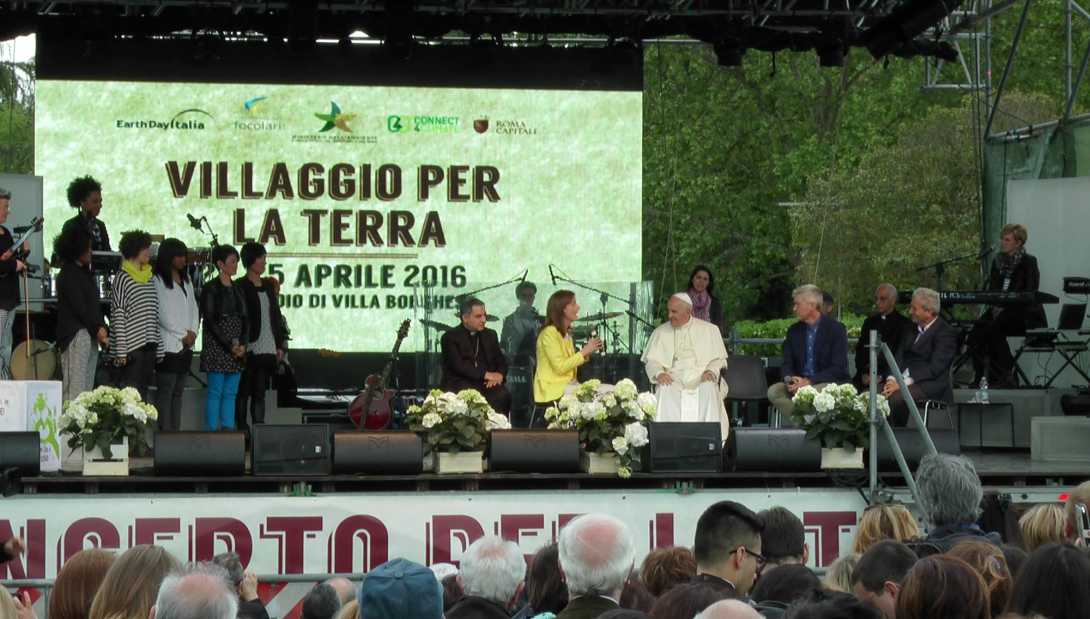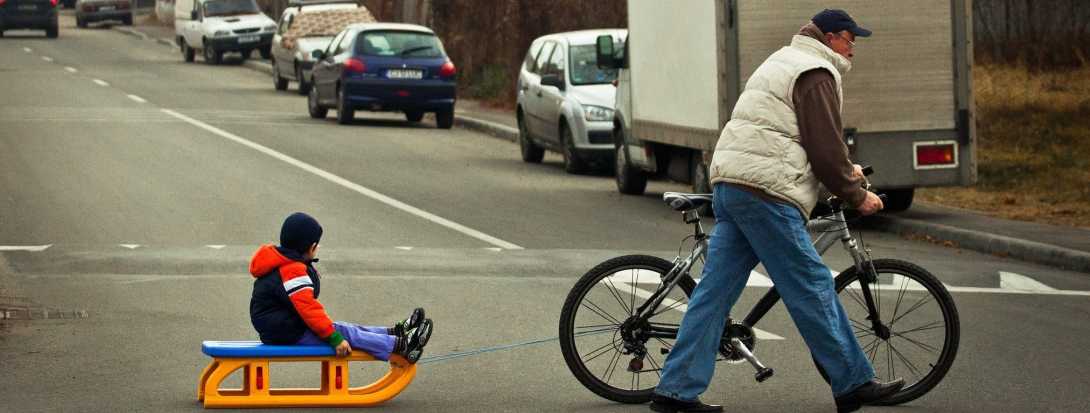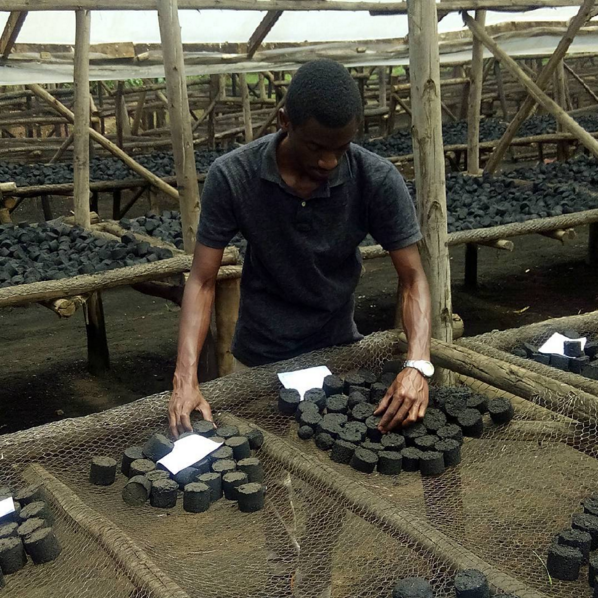
Many cities worldwide are growing rapidly, and by 2050 it is estimated that 70 per cent of the world’s population will live in urban areas. This dramatic trend is greatly affecting natural resource availability—including access to clean drinking water—waste management, transport, and other aspects of modern cities.
The combination of climate change and an increasingly urbanizing global population requires city officials, urban planners, and members of the private sector to find innovative approaches to efficient resource management, while simultaneously reducing greenhouse gas emissions and opening the door to new green technologies. It is time for us - citizens - to push local governments, investors and urban planners to invest in efficiency and renewable energy, green areas, rebuild our cities, towns, municipalities and communities.
We have asked you to show us how is your city adapting to a sustainable management and we got great positive responses. However, Yiga Vianney shared this week's #Photo4Climate Finalist Photo under the theme #GreenCities. Congratulations, your picture ilustrates how Uganda is responding to Climate Change effects finding new ways in adapting to renewable energy.
Take a look at the original caption:
Uganda the land of green energy. Inset are briquettes made from agricultural wastes. Picture taken during the Drying Process.
Photo Credit: Yiga Vianney
[video:https://youtu.be/8f6E2t_BxS4]
Connect4Climate and Artists Project Earth have teamed up to promote the climate challenge message through music. By combining artists Eminem and TS1 from Kenya a strong call for action is presented. Join the Movement.
Source: Connect4Climate, 2013

On Sunday Pope Francis made a surprise visit to Rome’s Villa Borghese Park to support the Earth Day celebrations organized by Connect4Climate's partner Earth Day Italia.

The 8th European Conference on Sustainable Cities & Towns, the flagship conference on local sustainable development in Europe, is taking place from 27-29 April 2016 in Bilbao, Basque Country, Spain.

Connect4Climate partner, ICLEI, joined forces again this year with the European Environment Agency, EEA, to organize the 3rd Open European Day (OED), taking place on the 5th July 2016, back-to-back with the Bonn Resilient Cities Conference at Gustav-Stresemann-Institut e.V. (GSI), Bonn, Germany.
This is the story of how one major global development institution, the International Finance Corporation (IFC), recognized and responded to the challenge of climate change, and was itself transformed in the experience. Addressing climate change affected IFC at every organizational level, from high-level policy issues such as the role to take in supporting the use of fossil fuel, to highly technical and operational issues, such as tracking greenhouse gas emissions, and evaluating investments while taking into account
The Rio de Janeiro Low Carbon City Development Program is an ISO-certified framework and set of comprehensive requirements to help the city to plan, implement, monitor, and account for low carbon investments and climate change mitigation actions across all sectors in the city over time. The Program will enable the city to plan and implement the mitigation actions needed to achieve its city-wide mitigation goals, as well as credibly and transparently demonstrate the achievement of those goals through diligent monitoring and accounting of the actions taken.
This program document presents the 'Rio de Janeiro Low Carbon City Development Program (LCCDP)'. The first section, Rio de Janeiro and sustainability, sets the stage and provides the context and insight into the situation on the ground that gave rise to the development of the Rio de Janeiro LCCDP. The second section, The Rio de Janeiro low carbon city development program, describes in detail the design of the program, including the program roles and process.
According to the United Nations population fund, the world is undergoing the largest wave of urban growth in history, with more people now living in cities than in rural areas. Cities are also responsible for a high proportion of global carbon emissions, which are the main driver of anthropogenic climate change. By taking the lead on low carbon development, cities have the opportunity to engage in an important dialogue about sustainable development, directly address local issues, and contribute to the reduction of greenhouse gas (GHG) emissions.
Hosted by the World Bank Group and supported by Italy’s Ministry of the Environment and Energy Security and Germany’s Federal Ministry for Economic Cooperation and Development, Connect4Climate (C4C) is a global partnership for a livable planet that connects, creates, and communicates to build long-lasting change for future generations.




